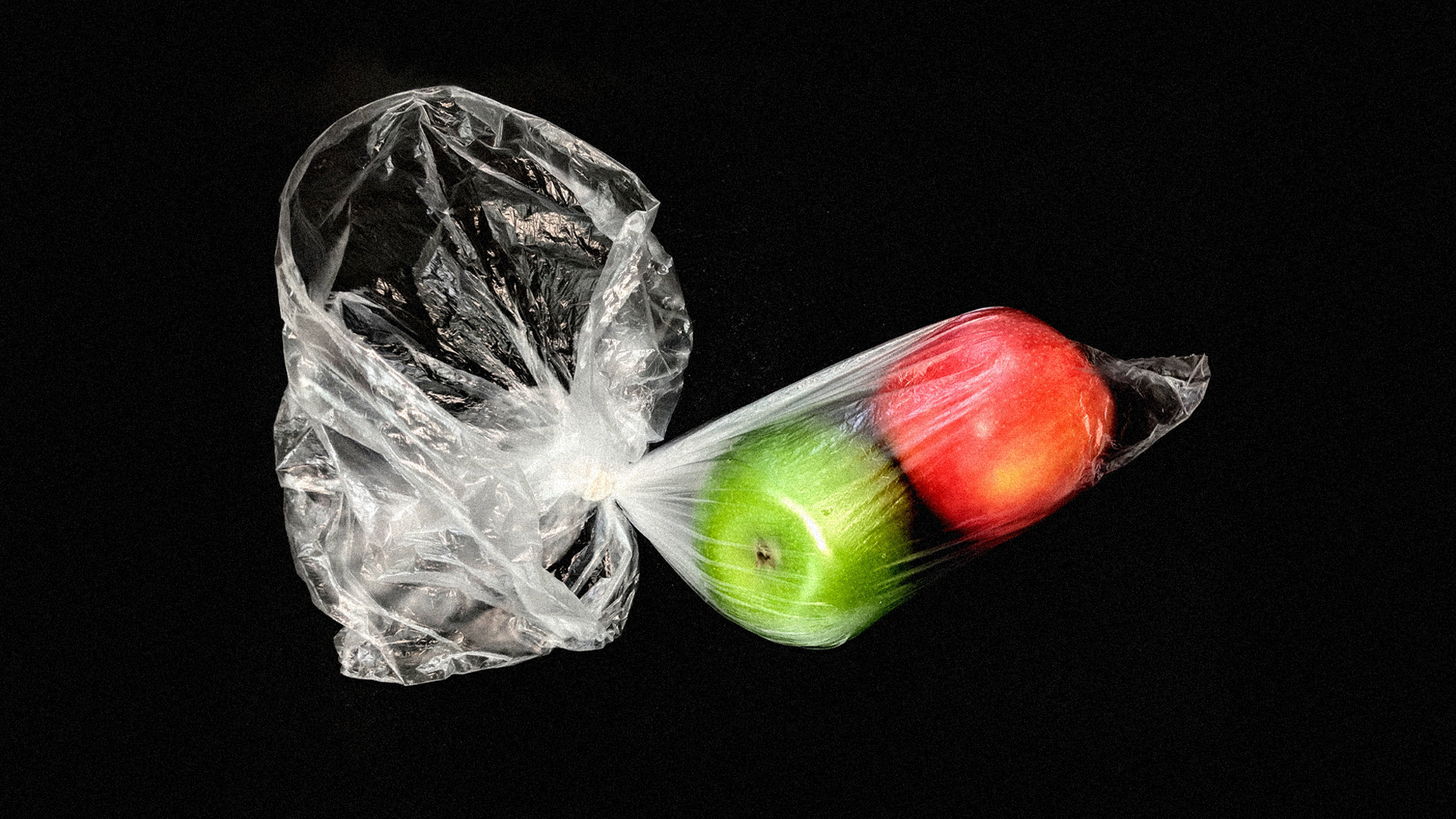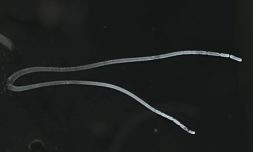Researchers at Harvard and Rutgers have developed a new plant-based antimicrobial coating to protect food. It has the potential to replace single-use plastic wrappers.
As anybody who eats on-the-go knows, plastic wrapping and single-use packaging is a major environmental waste problem.
We throw away tons of cardboard and plastic every year, all in the name of convenience food. If we’re to meaningfully reduce our emissions and use of traditional packaging, we’ll need a new-age solution.
Researchers at Harvard and Rutgers have developed a potential spray-on fix that can be easily produced at scale, with little damage to the environment and no bulky boxes.
It doesn’t have an official name yet, but this plant-based coating is antibacterial and could even prevent bruising of fruits and vegetables. All consumers would need to do is wash off the coating before eating, similar to how you’d prepare fresh produce like potatoes and carrots.
The findings were published in the Journal of Nature Food with the aim of helping to get rid of petroleum-based packaging.
This spray-on coating was developed from common carbohydrates. Researchers extracted naturally occurring fibre-based polysaccharides, which were then spun, shrunk, and wrapped around foods via a process called ‘focused rotary jet spinning’. Its malleable form allows it to be attached to any shape or form needed, which is handy for the diverse nature of fruits and veggies.




















